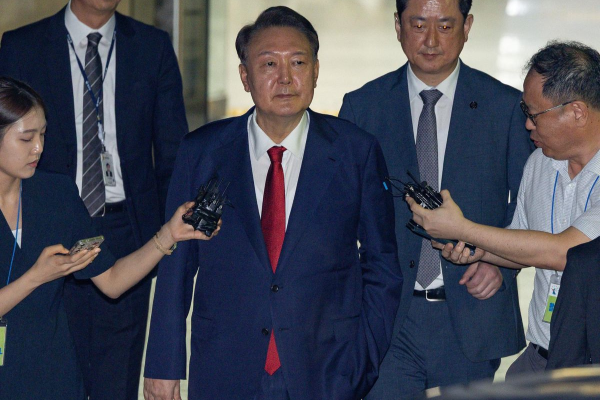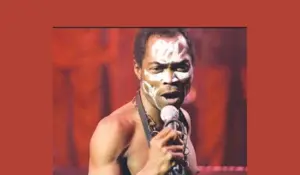A South Korean court on Thursday issued a second arrest warrant for former President Yoon Suk Yeol and placed him in detention, days after special investigators revived their efforts to detain him for his failed martial law bid.
Yoon was released from detention in March after the Seoul Central District Court invalidated his January arrest, allowing him to stand trial for rebellion without being detained.
Yoon was legally ousted from office in April, when the Constitutional Court confirmed his impeachment.
South Korea’s special counsel prosecutors sought a second arrest warrant for Yoon on Sunday, charging him with abuse of power and obstruction of official responsibilities, among other things.

Nam Se-jin, a senior judge at Seoul’s Central District Court, issued an arrest warrant for Yoon over concerns that he could “destroy evidence” in the case.
The former president, 64, is already on trial for insurrection, personally appearing in court to contest the charges.
However, Yoon has refused several summonses from a special counsel launched by parliament to investigate his martial law attempt, prompting prosecutors to seek his arrest on June 24.
Read Also
That request was initially denied after the court noted Yoon had since signaled a willingness to cooperate.
Yoon had attended a hearing on Wednesday that lasted about seven hours, during which he rejected all charges, before being taken to a detention centre near the South Korean capital.
Once the warrant was issued, Yoon was placed in a solitary cell at the facility, where he can be held for up to 20 days as prosecutors prepare to formally indict him including on additional charges.
If formally indicted, Yoon could remain in custody for up to six months pending an initial court ruling.
The former president also faces charges of falsifying official documents related to the martial law bid.
Yoon has defended his martial law attempt as necessary to “root out” pro-North Korean and “anti-state” elements.
However, the Constitutional Court unanimously removed Yoon from office on April 4, citing his actions as a “betrayal of people’s trust” and a “denial of democratic principles.”
South Korea’s current president, Lee Jae Myung, who won the June snap election, signed legislation starting broad special investigations into Yoon’s call for martial law and many criminal allegations against his government and wife.
Lee inherited a highly split society as a result of Yoon’s attempt to subvert civilian authority, which included the deployment of armed military to parliament.





